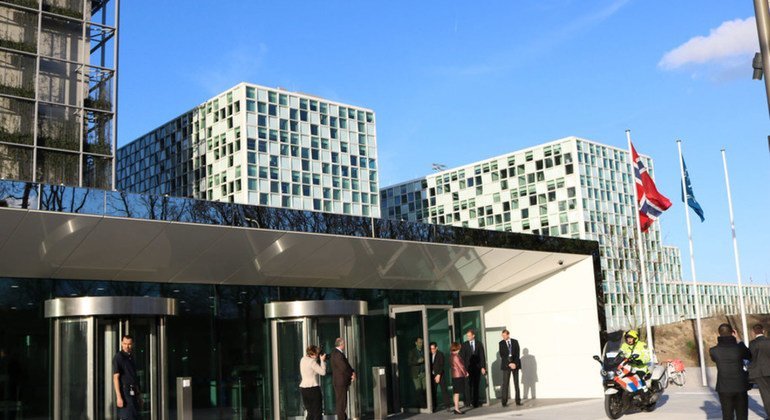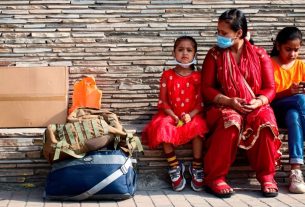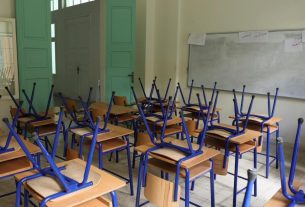“We share the concerns expressed on Tuesday by the Presidency of the ICC’s Assembly of States Parties that these actions are unacceptable, and we call for them to be promptly withdrawn,” said Spokesperson Ravina Shamdasani, speaking in Geneva.
Last month, Russia issued arrest warrants against the President, deputy and one of the judges at the ICC, which investigates and tries persons charged with the gravest crimes, namely genocide, war crimes, crimes against humanity and the crime of aggression.
Response to ICC warrants
The development follows the Court’s issuance of arrest warrants in March against Russian President Vladimir Putin and his Commissioner for Children’s Rights, Maria Lvova-Belova, for alleged unlawful deportation and transfer of Ukrainian children to Russia.
Days later, Russia opened cases against ICC Prosecutor Karim Khan and three Court judges, according to media reports.
Fighting against impunity
The ICC was established in July 2002 under a treaty known as the Rome Statute and is based in The Hague, in the Netherlands.
The Court is “a cornerstone of the rule of law and complements the work of national courts in the fight against impunity,” said Ms. Shamdasani.
“It is therefore crucial that it, and its officials, can perform their vital functions under the Rome Statute, unhindered by pressure, interference, or intimidation – from any quarter,” she added.



